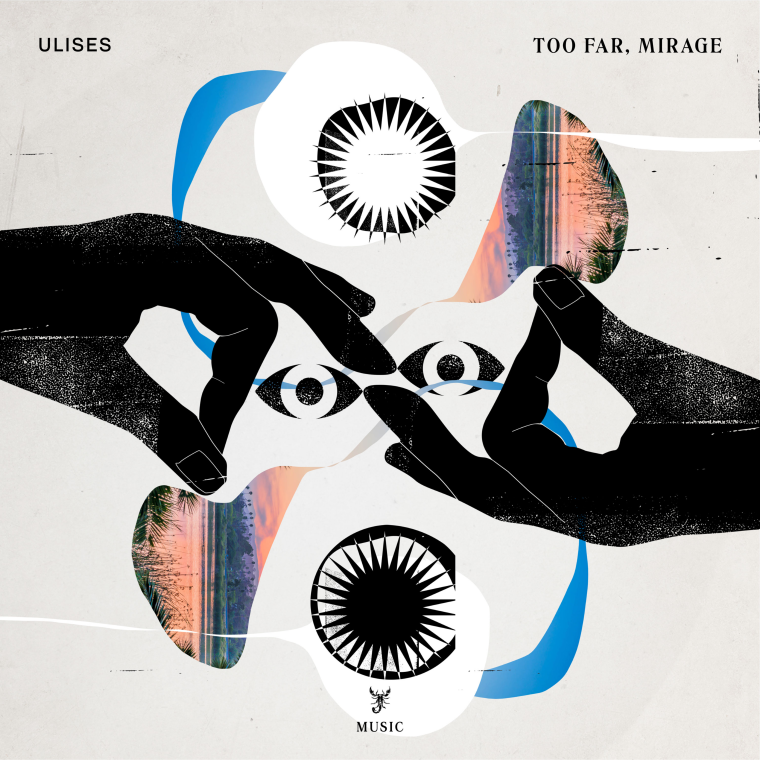What do you feel when you listen to "good" music?
I would like to differentiate two kinds of technicalities. The first is from the perspective of the instrumentalist or producer. The second is from the composer. It is very common for me to appreciate the technical part of the playing or the producing in music, but that is definitely a side pleasure. When the composer evokes in me some substance — or absence — I would call this a total experience with music.
This total experience is related to what I call “good music”. It is not perceived only by the brain, but with the totality of the being. It depends on the capacity of the composer to know not only the technical part of the instruments and production tools available, but the technical part of composition related to emotions and sentiments, that are triggered from the different configurations of notes and chords. Imagine that you visit a house, and you take a little tour of it: you see how the light and the darkness are distributed along the way as you enter, how the space is managed, how the furniture is placed — all these different configurations will give you different feelings. And the architect is very much aware of what you can evoke when you manage space, void, light, and darkness. In the case of music, we use time, space, sound, and silence.
I am cerebral in appreciation of the technical part of producing or the one of the instrumentalist only when I cannot find any substance in the music itself, which is quite common nowadays – but you can still appreciate a finishing detail, a performance, purely aesthetic matters, and learn something from it. When music reaches my core, it is a full being experience and it is comparable sometimes to love, or to nothingness. Sometimes to freedom or to friendship.
Too Far, Mirage
Ulises squints at the horizon: “It is a mystery why we imagine what we imagine.” Between traversing the global DJ circuit and long laser-focused studio sessions in his chosen home of Berlin, Ulises casts his eye to Earth itself as he scours for a metaphor for his own philosophical uncertainties.
Dreamy pianos that sound as if they’re being played behind a waterfall, digital bongos, shiny broken drums, and trombone from César B (the pair met on a rooftop and shortly thereafter recorded the parts for Mirage) all conjure images of a desolate desert blistering from the sun’s heat to the befuddlement of onlookers, while lyrics waver on the line between elucidation and ambiguity. Subjectivist, sometimes subdued, and always fiddling at the fabric between the real and the imagined, the Too Far, Mirage E.P. is Ulises’ homage to unsolved mysteries and finding comfort in the not-knowing.




